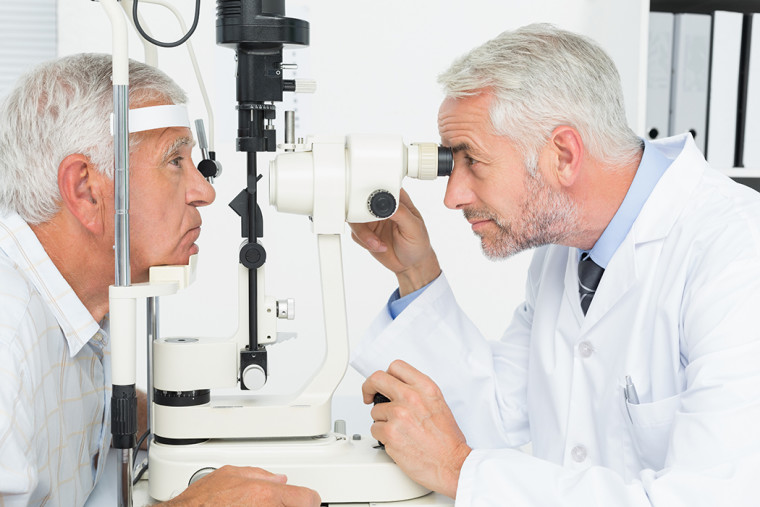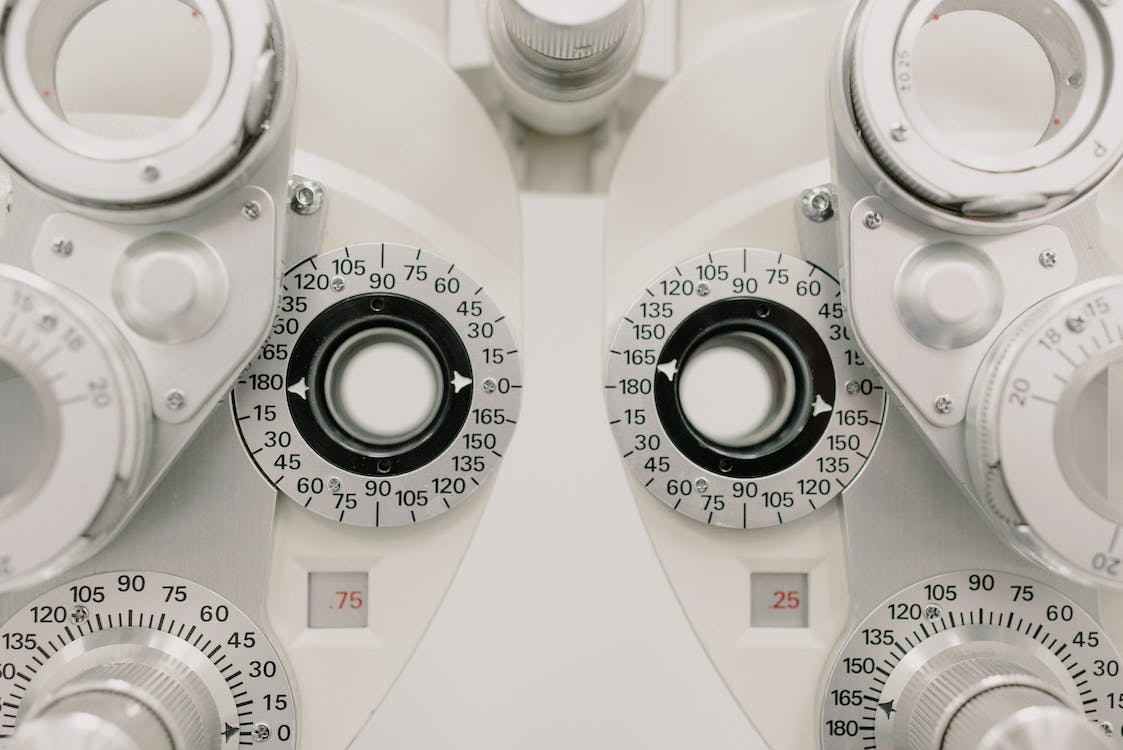All Categories
Featured
Opening Opportunities: Comprehensive Low Vision Rehabilitation Alternatives.
Dealing with reduced vision can offer special challenges, but modern-day rehabilitation techniques equip people to adjust and grow. From innovative technology to hands-on training, there are many choices made to boost every day life and foster freedom. Here's a detailed consider the diverse rehabilitation options offered for those with reduced vision.
The Function of Reduced Vision Rehab
Reduced vision recovery concentrates on aiding people enhance their remaining vision and establish skills to handle their environments. With a combination of tools, training, and individualized support, rehabilitation programs enhance performance and increase self-confidence in browsing day-to-day activities.
Key Low Vision Recovery Options
Customized Aesthetic Help
High-Powered Magnifiers: These devices come in portable, wearable, or digital styles, allowing users to check out, create, or sight items up close.
Telescopic Glasses: Ideal for improving distance vision, these glasses help with activities such as watching tv or analysis indications.
![]()
Filter Lenses: Tinted lenses lower glare, boost comparison, and supply UV security, boosting convenience and presence.
Technological Innovations
Digital Magnification Tools: Desktop computer and portable devices offer flexible zoom, enabling simpler access to published materials and electronic material.
![]()
Voice-Assisted Technology: Screen readers, voice-enabled smart devices, and AI-driven applications aid customers browse the digital world a lot more effectively.
Wearable Vision Aids: Smart glasses outfitted with cameras and acoustic feedback supply real-time assistance with analysis, acknowledging items, and spatial orientation.
Specialist Training Programs
Positioning and Mobility Training: This program educates individuals how to move with confidence within their homes and areas, usually including walking canes or overview pets.
Daily Living Abilities: Specialized training gears up people with methods to do essential jobs such as cooking, dressing, and taking care of house jobs.
Flexible Aesthetic Techniques: Specialists guide individuals on leveraging field of vision or scanning approaches to make up for vision loss.
Environmental Alterations
![]()
Straightforward adjustments in the house or work can considerably boost accessibility:
Utilizing different colors for far better things differentiation.
Including task illumination to boost visibility.
Marking home appliances with responsive indications for much easier operation.
Psychological and Social Assistance
Managing vision loss typically includes psychological adjustments. Support teams and counseling services use a secure space to share experiences and build resilience.
Peer mentoring programs link people with similar obstacles, cultivating friendship and shared remedies.
Accessing Recovery Services
Reduced vision rehab services are commonly offered with:
Specialized Clinics: Ophthalmologists and optometrists educated in reduced vision treatment give tailored evaluations and solutions.
Nonprofit Organizations: Groups like the American Foundation for the Blind and VisionAware provide resources, assistance, and recommendations.
Area Centers: Local solutions may give totally free or affordable training and access to assistive devices.
Last Ideas
Reduced vision does not need to indicate a decreased lifestyle. With the appropriate combination of devices, training, and assistance, individuals can reclaim self-reliance and appreciate meeting lives. By exploring the various rehab choices readily available, those with reduced vision can find techniques that function best for their distinct demands and conditions. If you or an enjoyed one encounters vision difficulties, do not be reluctant to connect to a low vision professional to begin the trip towards empowerment and adaptability.
Dealing with reduced vision can offer special challenges, but modern-day rehabilitation techniques equip people to adjust and grow. From innovative technology to hands-on training, there are many choices made to boost every day life and foster freedom. Here's a detailed consider the diverse rehabilitation options offered for those with reduced vision.
The Function of Reduced Vision Rehab
Reduced vision recovery concentrates on aiding people enhance their remaining vision and establish skills to handle their environments. With a combination of tools, training, and individualized support, rehabilitation programs enhance performance and increase self-confidence in browsing day-to-day activities.
Key Low Vision Recovery Options
Customized Aesthetic Help
High-Powered Magnifiers: These devices come in portable, wearable, or digital styles, allowing users to check out, create, or sight items up close.
Telescopic Glasses: Ideal for improving distance vision, these glasses help with activities such as watching tv or analysis indications.

Filter Lenses: Tinted lenses lower glare, boost comparison, and supply UV security, boosting convenience and presence.
Technological Innovations
Digital Magnification Tools: Desktop computer and portable devices offer flexible zoom, enabling simpler access to published materials and electronic material.

Voice-Assisted Technology: Screen readers, voice-enabled smart devices, and AI-driven applications aid customers browse the digital world a lot more effectively.
Wearable Vision Aids: Smart glasses outfitted with cameras and acoustic feedback supply real-time assistance with analysis, acknowledging items, and spatial orientation.
Specialist Training Programs
Positioning and Mobility Training: This program educates individuals how to move with confidence within their homes and areas, usually including walking canes or overview pets.
Daily Living Abilities: Specialized training gears up people with methods to do essential jobs such as cooking, dressing, and taking care of house jobs.
Flexible Aesthetic Techniques: Specialists guide individuals on leveraging field of vision or scanning approaches to make up for vision loss.
Environmental Alterations
Straightforward adjustments in the house or work can considerably boost accessibility:
Utilizing different colors for far better things differentiation.
Including task illumination to boost visibility.
Marking home appliances with responsive indications for much easier operation.
Psychological and Social Assistance
Managing vision loss typically includes psychological adjustments. Support teams and counseling services use a secure space to share experiences and build resilience.
Peer mentoring programs link people with similar obstacles, cultivating friendship and shared remedies.
Accessing Recovery Services
Reduced vision rehab services are commonly offered with:
Specialized Clinics: Ophthalmologists and optometrists educated in reduced vision treatment give tailored evaluations and solutions.
Nonprofit Organizations: Groups like the American Foundation for the Blind and VisionAware provide resources, assistance, and recommendations.
Area Centers: Local solutions may give totally free or affordable training and access to assistive devices.
Last Ideas
Reduced vision does not need to indicate a decreased lifestyle. With the appropriate combination of devices, training, and assistance, individuals can reclaim self-reliance and appreciate meeting lives. By exploring the various rehab choices readily available, those with reduced vision can find techniques that function best for their distinct demands and conditions. If you or an enjoyed one encounters vision difficulties, do not be reluctant to connect to a low vision professional to begin the trip towards empowerment and adaptability.
Latest Posts
Uncover Reduce Expenses on Car Maintenance with Montclare Auto Repair’s Special Deals
Published May 28, 25
1 min read
Explore Your Wyoming Banking Partner – Your Path to Superior Financial Services in Wyoming
Published May 26, 25
1 min read
Discover Your Financial Partner at WyHy – Key Advantages for Your Future
Published May 23, 25
1 min read
More
Latest Posts
Uncover Reduce Expenses on Car Maintenance with Montclare Auto Repair’s Special Deals
Published May 28, 25
1 min read
Explore Your Wyoming Banking Partner – Your Path to Superior Financial Services in Wyoming
Published May 26, 25
1 min read
Discover Your Financial Partner at WyHy – Key Advantages for Your Future
Published May 23, 25
1 min read